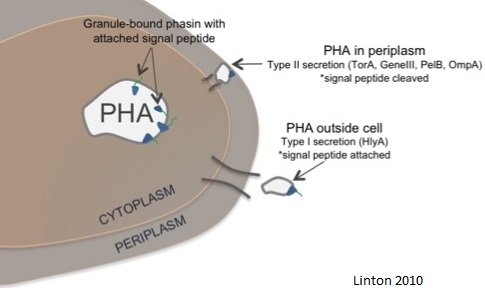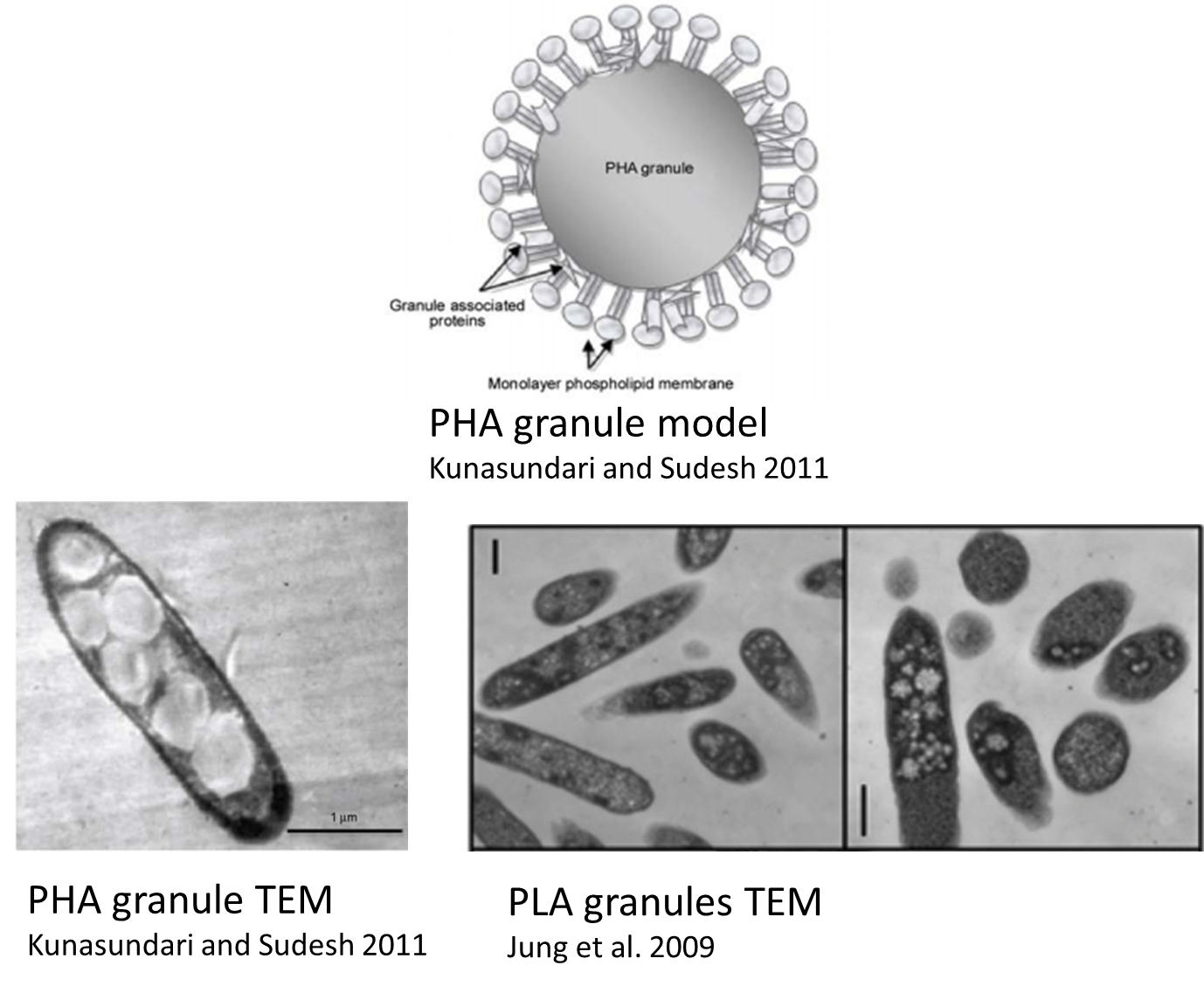Team:Yale/Project Export
From 2013.igem.org
(Difference between revisions)
| Line 170: | Line 170: | ||
<li class='active'><a href='https://2013.igem.org/Team:Yale/Project_Export'><span>Introduce Export System</span></a></li> | <li class='active'><a href='https://2013.igem.org/Team:Yale/Project_Export'><span>Introduce Export System</span></a></li> | ||
<li><a href='https://2013.igem.org/Team:Yale/Project_Bioplastic'><span>Make a Bioplastic</span></a></li> | <li><a href='https://2013.igem.org/Team:Yale/Project_Bioplastic'><span>Make a Bioplastic</span></a></li> | ||
| - | <li class='last'><a href='https://2013.igem.org/Team:Yale/Project_Collaboration'><span> | + | <li class='last'><a href='https://2013.igem.org/Team:Yale/Project_Collaboration'><span>Collaboration</span></a></li> |
</ul> | </ul> | ||
</div> | </div> | ||
Latest revision as of 00:23, 27 September 2013
Introduce type 1 secretion system to export and extract PLA
- We needed a way to export the PLA once it was synthesized by the E. coli
- We found the paper by Linton 2010 where she focused on exporting PHA from engineered E. coli
- Ms. Linton used Phasin, a PHA granule associated protein that plays a role in granule formation, with a hlyA tag.
- This allowed the cells to export the PLA since the hlyA tag was attached to the granule

- Due to the similarity between PHA granules and PLA granules we hypothesized that this same export system would allow us to export PLA from our cells.

 "
"
